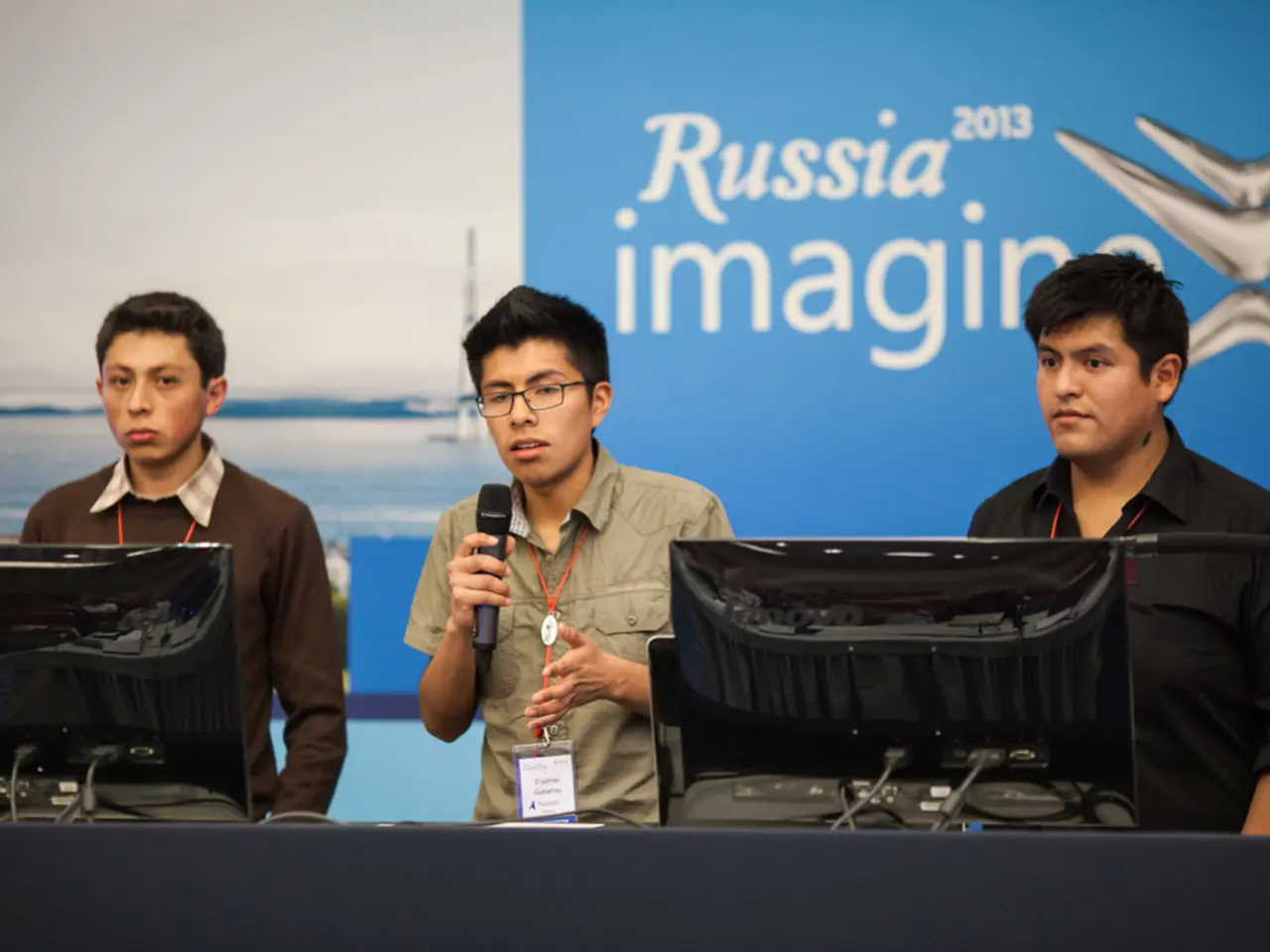Approximately one in every five Russians struggle with financial debts
In a recent development, Russia has witnessed a 2.4% increase in the number of consumer loans compared to July 2025, according to the latest data. This rise, however, represents a 43.8% decrease from August 2024.
The most significant growth was observed in the Republic of Sakha (+12.4%), St. Petersburg (+9.3%), and Moscow (+5.6%). Notably, Moscow, Moscow Oblast, and Krasnodar Krai were the leaders in the number of issued personal loans, with Moscow alone accounting for 111.4 thousand loans.
The total volume of personal loans reached 331.6 billion rubles in August 2025, marking a 10.7% monthly increase but a 32.4% year-on-year decrease. The Russian region with the highest increase in issued credit balances was Moscow.
However, concerns about the sustainability of these personal loans persist. Project leader Yevgeniya Lazareva warns that borrowers with multiple personal loans are often forced to take new personal loans to pay off old debts, leading to a 'snowball effect.' Among citizens with ten or more personal loans, around 6% do not have a stable official income, as per the same project.
The 'For Borrowers' Rights' project reports that 21% of respondents consider their debt load excessive, while 45% consider their debt level low. Alarmingly, 22% of Russians spend 30-50% of their income on debt repayment, and overall, 28% of Russians spend almost all their income on debt repayment.
Chairman Dmitriyanin reminds citizens that they should not spend significantly more on debts than the reasonable lending rule suggests. According to these rules, credit expenses should not exceed 30% of the borrower's income.
It is essential to note that the specific industries or types of personal loans that these statistics apply to were not specified in the article. The 'For Borrowers' Rights' project did not provide data on the total number of respondents.
Despite the increase in consumer loans, it is clear that the issue of debt sustainability remains a pressing concern in Russia. As the economy continues to evolve, it will be interesting to see how these trends develop in the coming months.
Read also:
- Federal petition from CEI seeking federal intervention against state climate disclosure laws, alleging these laws negatively impact interstate commerce and surpass constitutional boundaries.
- Duty on cotton imported into India remains unchanged, as U.S. tariffs escalate to their most severe levels yet
- Steak 'n Shake CEO's supposed poor leadership criticism sparks retaliation from Cracker Barrel, accusing him of self-interest
- President von der Leyen's address at the Fourth Renewable Hydrogen Summit, delivered remotely




